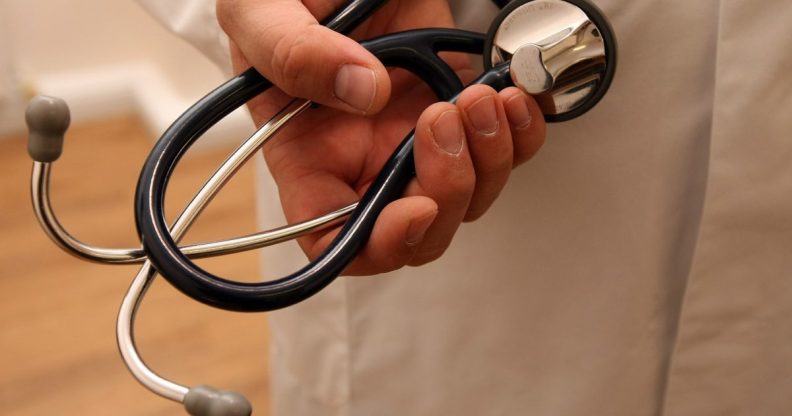New report says LGB people struggle getting adequate healthcare compared to straight counterparts

Lesbian, gay and bisexual people are much more likely to find it difficult to get adequate healthcare compared to their straight peers, a new study has revealed.
Researchers from the Center for Disease Control and Prevention (CDC) found that when compared to the wider ‘straight’ population, LGB people face significant barriers to healthcare. These include a lack of insurance coverage and culturally competent providers.

Data was analysed from the National Health Interview Survey 2013, where it was found that LGB people were more likely to delay or prevent treatment due to costs.
Gay and bisexual men were more likely to report trouble finding a provider than straight men and bisexual people more generally, claimed to delay care of reasons other than cost.
Surprisingly for some of the researchers, more bisexual women claimed to have faced three of the five barriers asked about in the survey, compared to those who identified as lesbian.
In a separate report that featured in the same journal, Swedish researchers suggested that the differences between LGB and straight people could be due to unequal distribution of health-protective resources, such as knowledge or supportive social connections.
The report also didn’t make any reference to issues faced by people who identify as trans.
“I think we know or at least we’ve suspected that LGBT people have had trouble reaching healthcare broadly,” said Dr Mitchell Lunn, an expert on sexual and gender minorities from the University of California.
“Overcoming healthcare barriers for LGB and transgender people will take a multipronged approach that includes educating healthcare providers and everyone involved with the healthcare system.
“I think that information will help us develop some targeted public health interventions to help change access.
“A lot of people focus on disease for public health approaches, but hopefully we can improve access to healthcare.”

